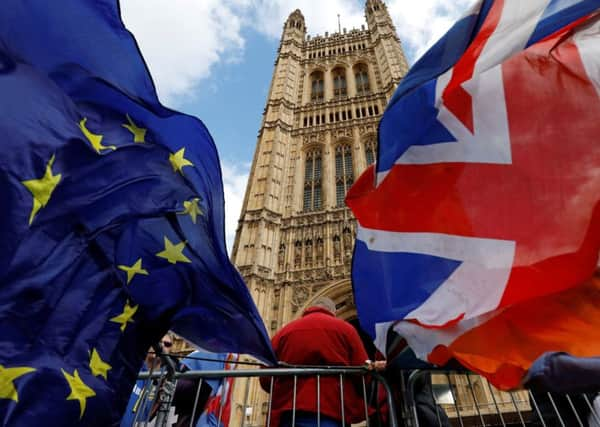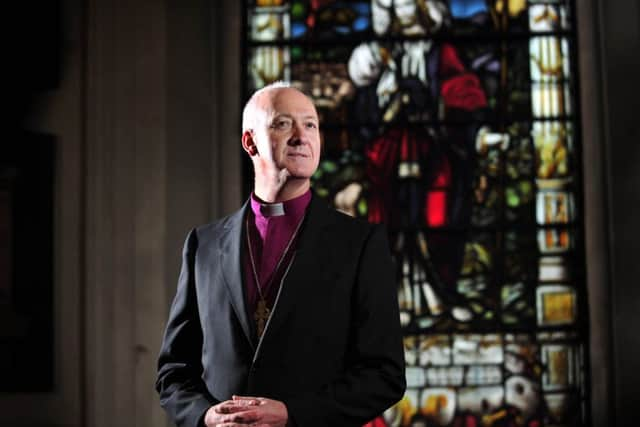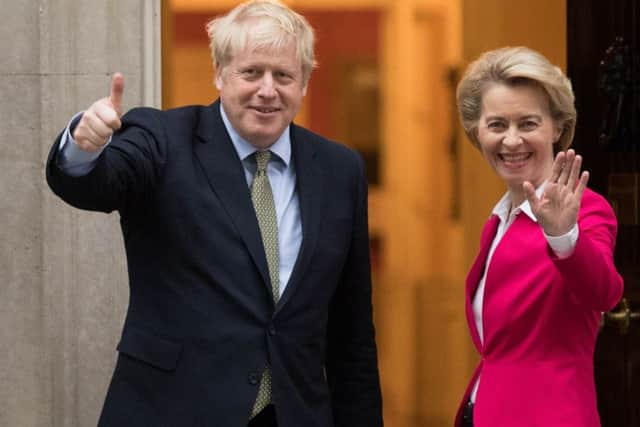UK needs to look through eyes of other cultures as Government considers Brexit policy - Nick Baines


However, leaving fantasists to one side for a moment, we might take some wisdom from the late former Chancellor of the Federal Republic of Germany, Helmut Schmidt.
At the age of 91, he wrote a book called Ausser Dienst, or “out of office”, in which he advises young Germans considering a career in politics not to do so unless they speak at least two foreign languages to a competent degree.
His reason?
Advertisement
Hide AdAdvertisement
Hide Ad

You can only understand your own culture if you look at it through the eyes of another culture, and to do that you need language; some things cannot be translated.
On the anniversary this week of Anthony Eden’s resignation in the wake of Suez, and as the UK plans to leave the European Union and unleash its potential on a waiting world, Schmidt’s advice is both prescient and apposite.
The British Government should never take it for granted that living on an island generates a very particular, if not peculiar, psychology and that this has an impact not only on how we understand ourselves but on how we perceive the way we are perceived by other nations.
Advertisement
Hide AdAdvertisement
Hide Ad

This is why the first couple of years of the post-referendum Brexit debate led to incredulity and bewilderment among many of those looking at us from the outside.
Behind all the politics and trading technicalities of Brexit lies the ineluctable fact that, on this hyperconnected, small planet, no policy on anything can ignore its implications for the wider picture.
Foreign policy is not primarily about “us” directed at “them”, but rather “us” behaving as part of “them”.
Advertisement
Hide AdAdvertisement
Hide Ad

Integral to this is the first rule of negotiation: to look through the eyes of the interlocutor in order to see ourselves as we are seen. In other words, we need our Government to go beyond easy slogans such as “Get Brexit done”, or even “Global Britain”, and consider how actual policy is to be worked out with real people and how the implications and consequences of that policy are to be understood and responded to by those with whom we claim to be interconnected partners. I am seeking here not to avoid the pragmatics of policy-making – no doubt others will attend to that – but to argue that there is an urgent need for this Government to look beneath the political game-playing to the deeper, long-term dynamics of both ethical substance and communication.
I will not be alone in noting that the language of insulting other European Union countries, as if they were not listening or could not understand English, has now changed to the language of “our friends and partners” in Europe.
That is good, but our friends and partners will not have forgotten and they are not stupid.
The UK’s response to the assassination of General Soleimani in Baghdad last week further exposes both the interconnectedness of foreign policies and the particular impact of trade dependency on the United States of Donald Trump – something that will not be lost on Nazanin Zaghari-Ratcliffe or her family.
Advertisement
Hide AdAdvertisement
Hide AdDaily reading of the Bible, which is in my job description, reinforces a sense of the transience of power in history. The Old Testament shows that quick and obvious defence alliances often led to terrible longer-term enslavements. Empires came and went, their hubris dribbling away into deserts of exiled misery, and powers and rulers never learned, even when they seduced their people into what turned out to be false securities. Ethics is, first and foremost, an exercise in sympathy, looking through the eyes of others.
The ethics of our foreign policy priorities must begin with an understanding of what drives other countries in their domestic and foreign policies, and a cultivated willingness to shape ours in the light of how we are seen by others.
I hope that the Government, with some humility and deeper cultural thinking, might just listen to those who wish to see global justice and peace worked out in this complex world by people who are not driven by claims to power but by the imperatives of mutual human flourishing.
Nick Baines is the Bishop of Leeds who spoke in a House of Lords’s debate on the Queen’s Speech.